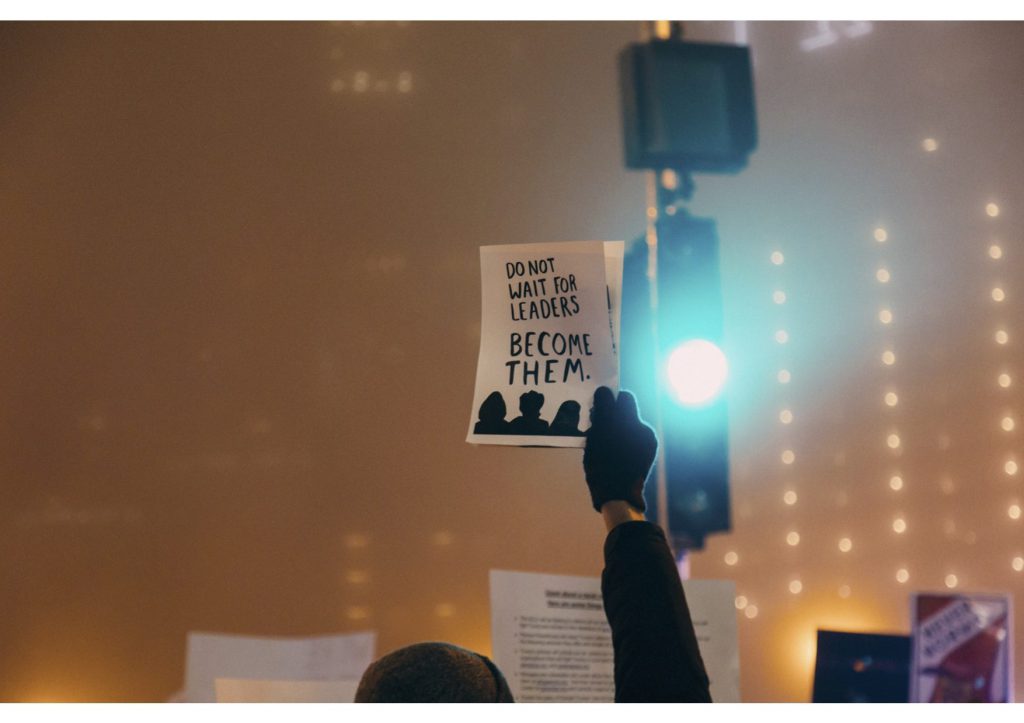The world we live in is volatile, uncertain, complex and ambiguous (VUCA). This term is widely used by business leaders to describe the challenges they’re facing which demand a new kind of leadership – a leadership that’s more dynamic than ever before.
At the same time our political and business leaders are not coming out well when under scrutiny. We live in a culture of lies and tax evasion where inequality is still a huge issue. It isn’t all doom and gloom though. Leaders are emerging from unlikely sources. Step up Marcus Rashford who is leading the way to address child poverty. There are many articles on the web identifying certain traits that leaders can learn from Emma Raducanu. Gareth Southgate was also a great example of a leader who behaved with dignity and walked his talk during the recent Euro finals.
There is no doubt that a new style of leadership for a new era is required to make a positive difference in these strange and challenging times. So, what is this new style of leadership for a new generation?
What‘s expected of leaders in this new and more dynamic environment?
Firstly, people need to know they can trust their leaders. Trust in leaders has been broken on a grand scale with some very high-profile incidents. In the last year alone, we’ve seen examples of leaders destroying trust. From the Carillion pension debacle to the BBC’s equal pay row through to Oxfam’s handling of sexual misconduct in Haiti and Chad.
Leaders should have a clear awareness of what builds and breaks trust and ensure they act accordingly. They must be acutely aware of the impact of their actions on those around them. Leaders are under a great deal of scrutiny so they have to understand and consistently role model those behaviours that build trust.
The second dimension is the ability of a leader to build their resilience. In a VUCA world, change is constant, so it’s vital that leaders have the personal capacity to cope with this and deal with the inevitable uncertainty, pressure and adversity. They need to possess emotional intelligence to spot unhelpful thought patterns and adjust them for greater positive effect. The England team, under sound leadership, remained calm in their penalty shoot out while the nation could hardly bear to look through the gaps in their fingers.
A third element that is just as important for today’s leaders is the ability to problem-solve creatively and think strategically. Leaders need to imagine possible alternative futures for their business to help them make better and more informed decisions about what to do today. An ability to think big, think deeply and think long-term is vital to ensure leaders and their organisations remain relevant for tomorrow’s world. Elon Musk is an example of someone who has inherent strength in this area. His future visions of life on Mars, fully autonomous vehicles or being able to travel anywhere on earth in under an hour are simply mind-blowing!
The final element of a more dynamic style of leadership is the ability to engage those around you. Leaders need to be able to communicate their visions and win people’s hearts and minds to help them achieve that. All too often leaders rely on dull logic-based communication that may be sensible but far from inspirational. Leaders need to be able to tell stories that connect with people. Employees need to feel empowered to contribute their ideas and trusted to act on their own initiative. When leaders coach rather than simply give direction, they can build this capability and stimulate people’s thinking and engagement.
Although the England football team didn’t quite get the result they wanted this time, there is hope and optimism for the next World Cup. Emma’s success in the US Open has added to this new sense of optimism.
